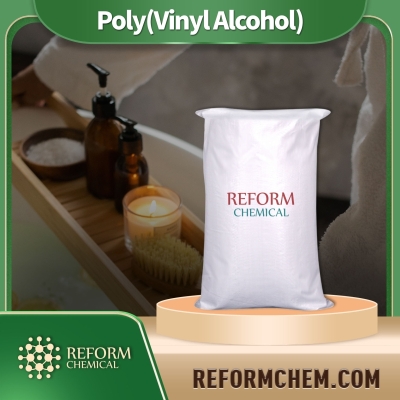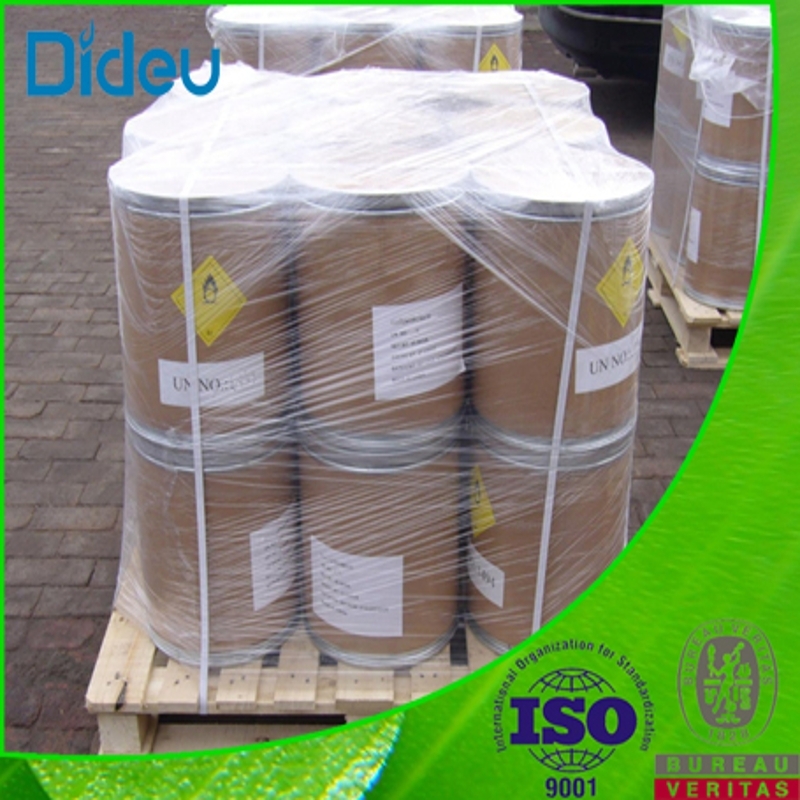-
Categories
-
Pharmaceutical Intermediates
-
Active Pharmaceutical Ingredients
-
Food Additives
- Industrial Coatings
- Agrochemicals
- Dyes and Pigments
- Surfactant
- Flavors and Fragrances
- Chemical Reagents
- Catalyst and Auxiliary
- Natural Products
- Inorganic Chemistry
-
Organic Chemistry
-
Biochemical Engineering
- Analytical Chemistry
-
Cosmetic Ingredient
- Water Treatment Chemical
-
Pharmaceutical Intermediates
Promotion
ECHEMI Mall
Wholesale
Weekly Price
Exhibition
News
-
Trade Service
Background proton pump inhibitors (PPI) have important effects on the gut microbiome, which in turn may increase the risk of rheumatoid arthritis (RA).
study is intended to assess the general use of PPI and the risk of RA.
methods This study provided a retrospective analysis of U.S. nurses, and the exposure factors were PPI that had been used regularly over the past two years.
the diagnosis of THEA is carried out through the relevant definition of the U.S. Medical Insurance Administration.
researchers estimated the risk ratio (HRs) and confidence interval (CIs) by adjusting for time-dependent Cox regression for potential confuse factors.
results The study recorded 421 RA patients with follow-up time of more than 1753879 years.
the RA risk of regular PPI users was 44% higher than that of unconventional users (adjusted HR s 1.44; 95% CI, 1.10-1.89).
risk of using RA increases with the total duration of the use of PPI (P trend s 0.008).
compared to unconventional users, women who used it for 0 to 4 years had a post-correction HR of 1.22 (95% CI, 0.93-1.62) and women who used it for four years had 1.73 (95% CI, 1.14 to 2.61).
that regular use of PPI was associated with an increased risk of RA in women, and higher risk was observed in individuals who used PPI for longer periods of time.
.







